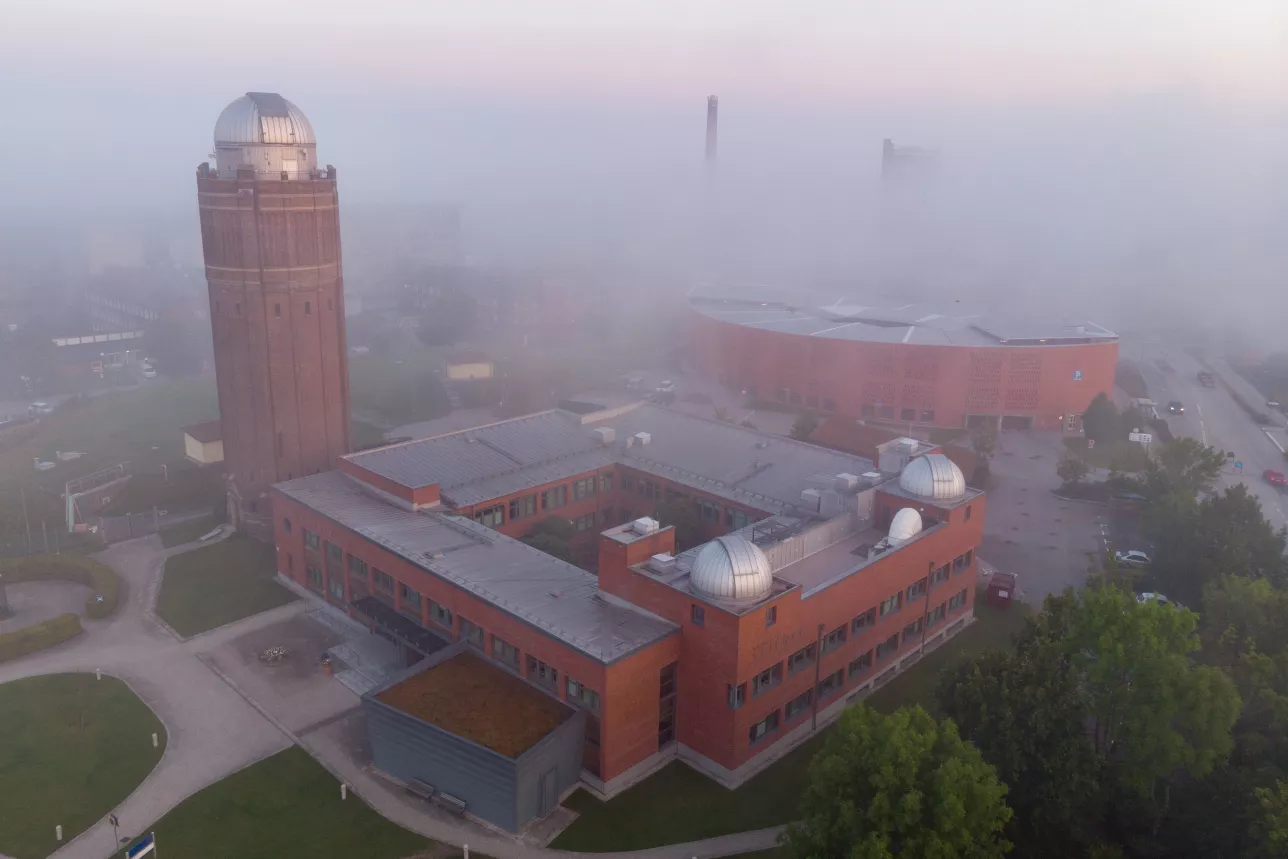Education in astronomy and astrophysics
The Division of Astrophysics is, as of January 2023, a part of the Department of Physics and the astronomy education is now one of the many specializations they offer.
Bachelor programme
Once you decide to join us, to study astronomy and hopefully pursue a career as an astronomer, you start by enrolling to the Bachelor programme in astronomy and astrophysics. After three years of studies you will have gained the tools that you need to understand both physics and astronomy, and you will be rewarded with a Bachelor of Science degree.
Master programme
If you have already received (or are about to receive) your Bachelor degree, you can apply for entry into our Master programme in astrophysics. The Master programme takes two years and includes both courses and thesis work. With a Master of Science degree from Lund University you are fully qualified and ready to apply for a PhD position either here or at other institutions.

Postgraduate studies
The Division of Astrophysics offers a postgraduate programme in Astronomy and Astrophysics, equivalent to four years of full-time studies (240 credits or ECTS). The programme consists of courses (60 credits) and thesis work (equivalent to 180 credits). The thesis work could be in any of the research areas currently represented at the Observatory. After having successfully completed the programme the student receives the degree of Doctor of Philosophy (PhD) at Lund University.


Courses
The Department of Physics offers both basic and more advanced courses in a wide range of subjects. On the department page you can find more information.
New student publications
Recent student projects by Lund Observatory students

